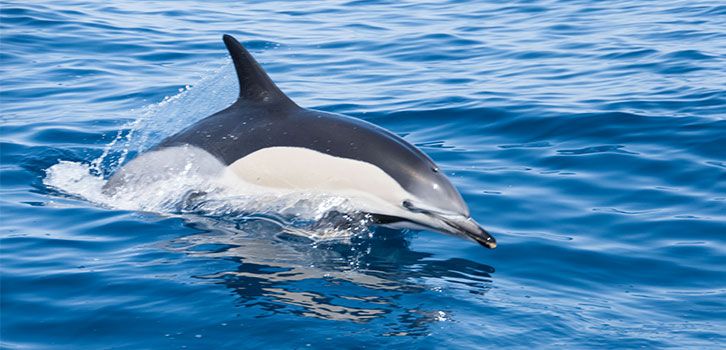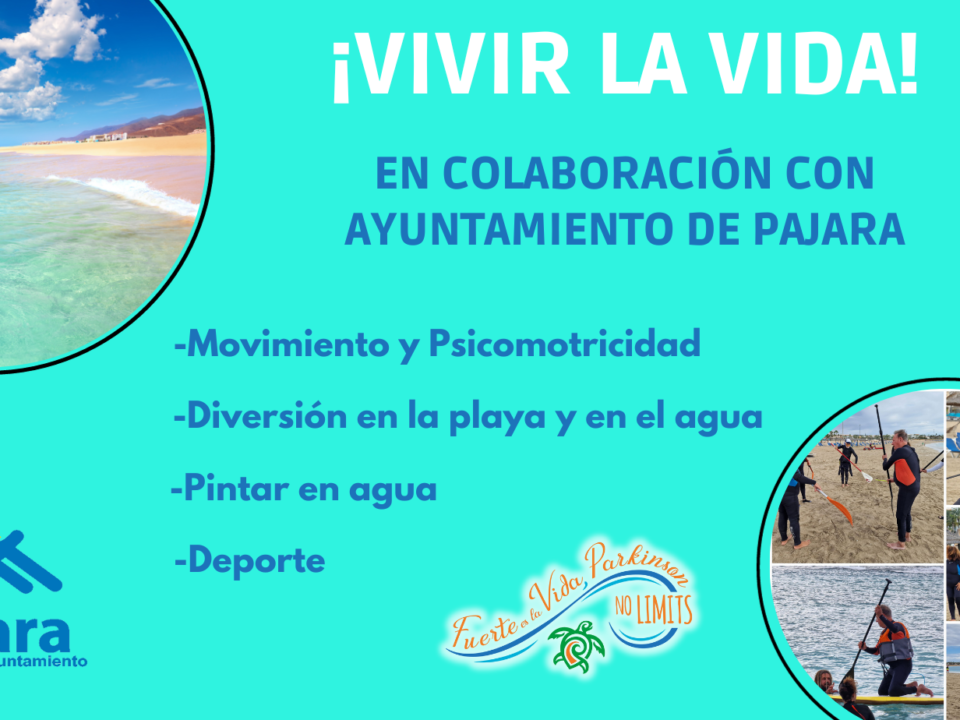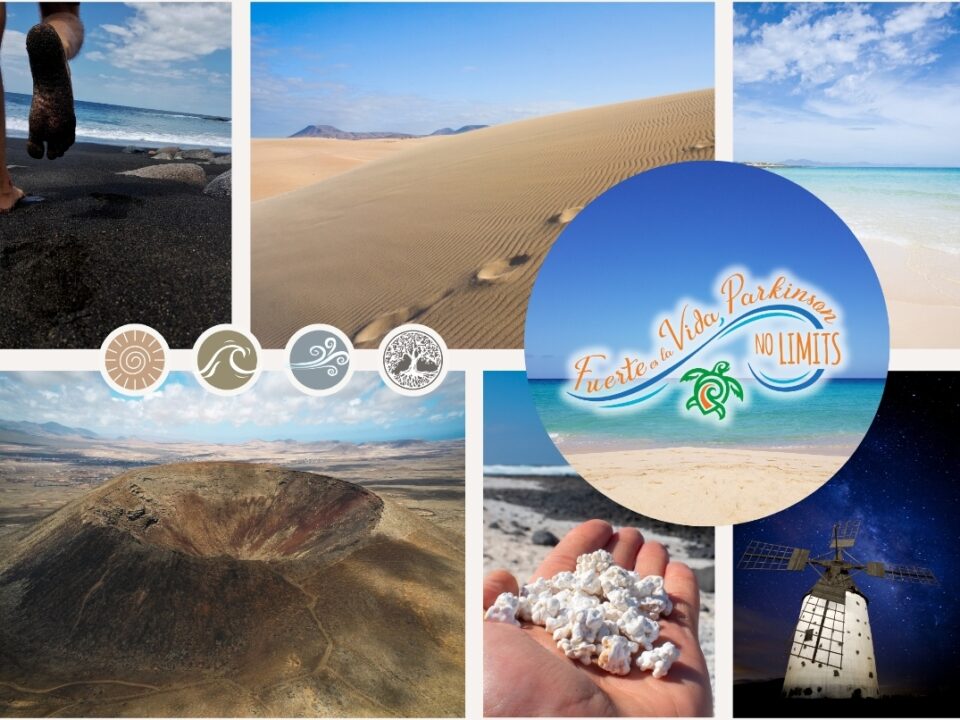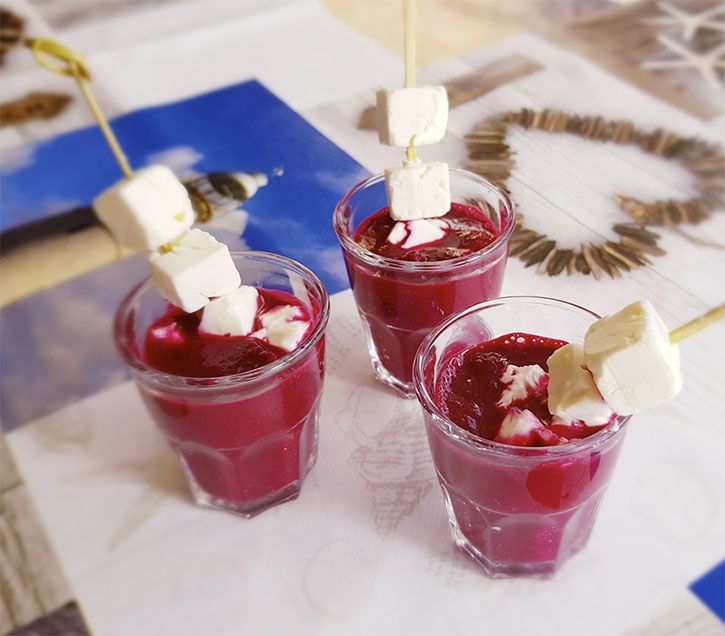Ocean’s Emotion Experience
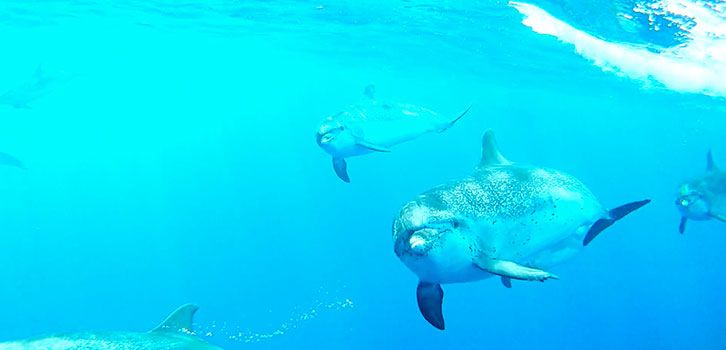
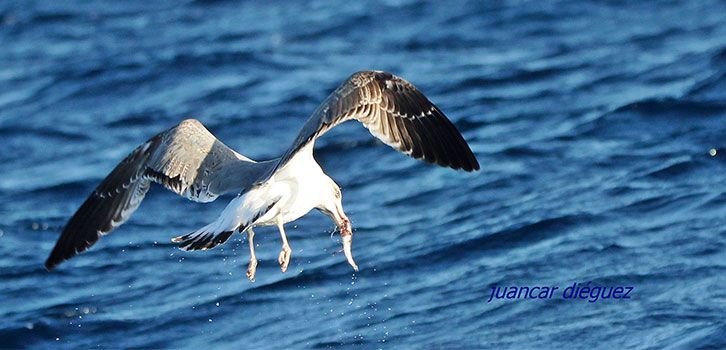
Ocean’s Emotion Experience was born from the concrete experience of navigating the Ocean with people with Parkinson’s, from the exciting encounters and guided by a zoologist with the animals that live in the Ocean and that fly over its waters, from the proposals suggested by the psychomotor and by art therapist and from the certainty that the person’s psychophysical well-being is strongly supported by nature.
The Ocean offers its navigators infinite and proven resources of psycho-physical well-being.
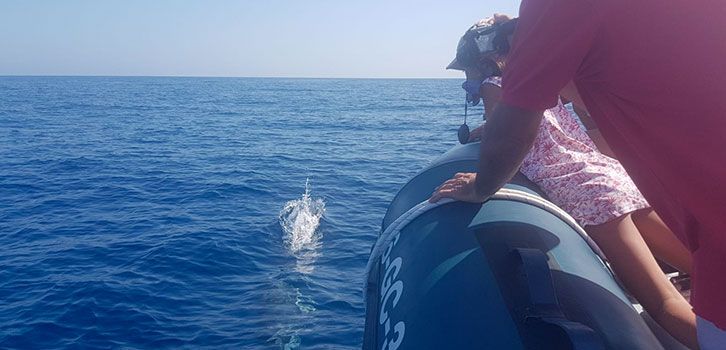
Breathing improves because the air contains a very high amount of mineral salts, such as sodium chloride, magnesium, iodine, calcium, potassium, bromine and silicon, all coming from the water of the ocean, by its waves and their splashes caused by the air: a real marine aerosol. The iodine and the vaporized minerals that settle on the skin are beneficial to the health of the latter for most of the dermatological problems of psychosomatic or pharmacological origin (dermatitis, psoriasis, keratosis, …). A restoration of the psychophysical balance is induced thanks to the general state of no stress in the context.
In addition, various vestibular, basal and balance stimulations occur thanks to the natural flow of water.

The ocean positively stimulates the metabolism by rebalancing it and helps to rebalance the levels of cortisol.
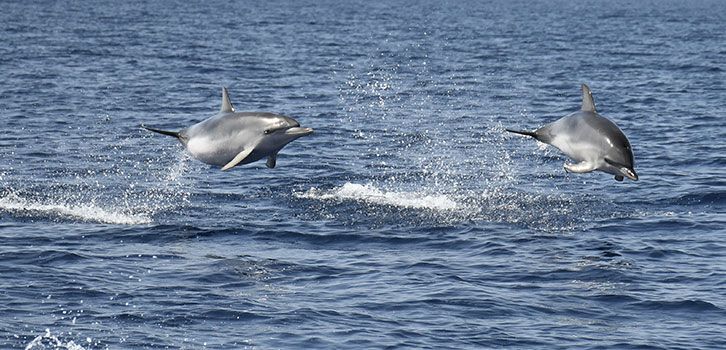
Michael Merzenich, contemporary US neuroscientist at the University of California in San Francisco, considered a pioneer in the field of neuroscience and one of the discoverers of brain neuroplasticity considers looking at the ocean as looking at a normalizing background with a high degree of predictability that allows at the center of emotions located in the brain to relax. The moment a change occurs (the encounter with a dolphin, a change of current, the flight of a seagull, …), the brain notices it as a change of that background, accompanied by a dopamine discharge.
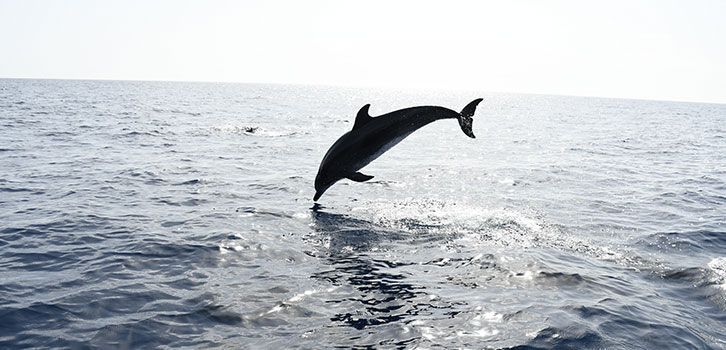
The Sun warms the soul inducing a good mood thanks to the hormonal processes it activates (increase in the production of melatonin, serotonin and dopamine, supports the production and absorption of vitamin D, …)
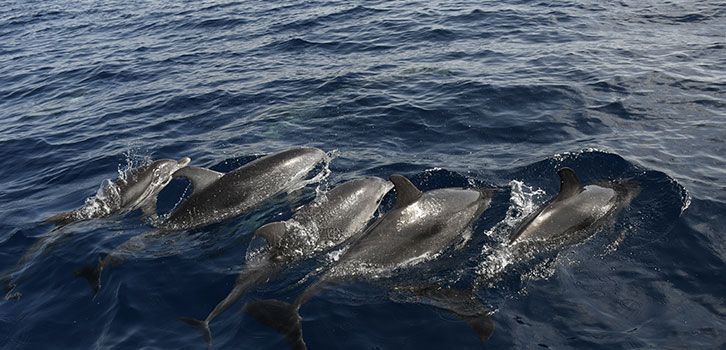
The team works on board a boat enabled for the sighting of cetaceans, performed with the utmost respect for nature and animals and that relates to them with all the sensitivity and respect that a meeting requires. It is not a visit to an aquarium or a marine zoological park. The animals are in their extraordinary natural habitat. They should not be disturbed and respected. The zoologist has a fundamental role in this, as it helps us to interpret the attitudes of the animals that meet. Some of them, by nature, are more playful and curious than others, enter into an empathic relationship with those on board the boat. Others are more “shy” or lonely and then admire each other at a right distance. Still others meet while they are eating and you have the opportunity to observe them without disturbing them. Meeting the puppies is fascinating: either swim next to the mother, or we can listen to chat with each other, or they start to surf the waves looking for the complicity of the boat with all the brightness of the soul of the young people who face life. And then there are the shy turtles, the flying fish that flies or next to the boat, many birds that fly over the ocean and indicate to us humans many things that the zoologist explains to us.
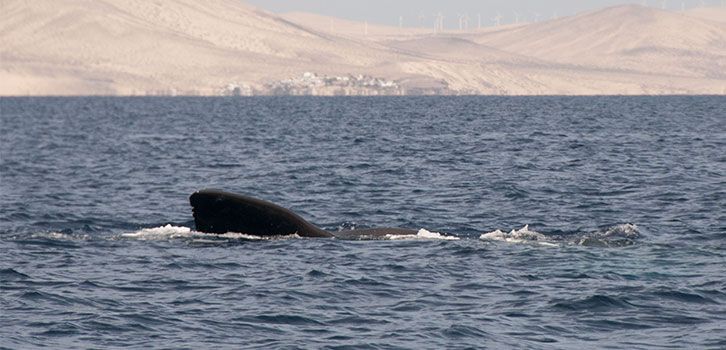
Ocean’s Emotion Experience is undoubtedly an experience for the person with Parkinson’s and for his unique and rich family: full of emotional experiences, encounters, culture, movement, art, sounds, perfumes, colors, of nature and of life.
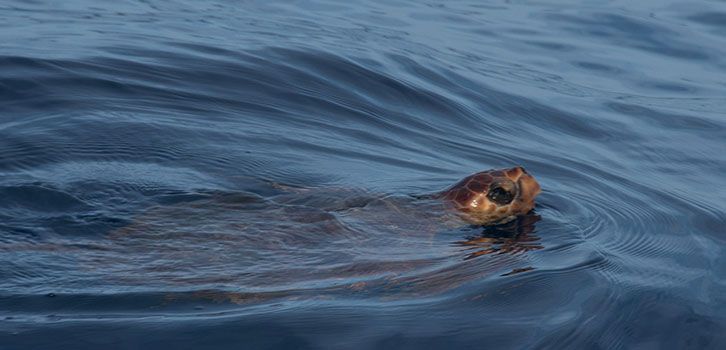
The team is also authorized to navigate with people with reduced mobility.
While sailing, respecting the conditions of the ocean (you can leave the port only with the right conditions), you can sail offshore, also learning how the seabed of the sailed section is made, and even further down the coast. The coast offers a varied landscape: one of the last volcanic eruptions of the island has plunged into the ocean and it is possible to see its forms; sand dunes of the Sahara desert carried by the wind; caves that reflect light and are colored with rainbows and reflect water; impressive cliffs on which protected native bird species nest; solitary mountaineer goats that descend the cliffs to get to drink fresh water filtered by the rock and then climb the rocky wall again and return to graze elsewhere in total freedom; fishing villages remained unchanged over time in all their beauty that smells of origins; and much, much, much more.
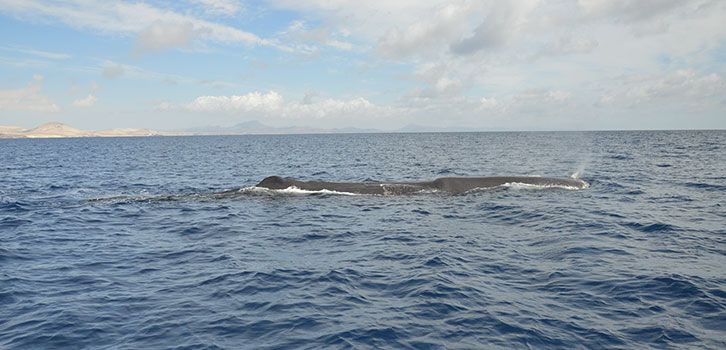
Means of transport used:
dinghy or catamò friendly accessible.
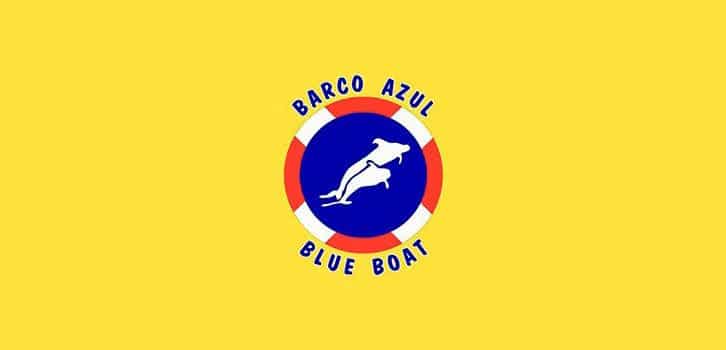
Target audience:
people with Parkinson’s disease and their families.
Team:
titled skipper for the transport of people with disabilities, zoologist, psychomotor expert for adults specialized in Parkinson’s and artist-therapist specialized in aquaticity, underwater painting, approach with cetaceans, disabilities and disorders of the psychic, behavioral and physical sphere.
Aims:
- live an experience of vestibular and basal stimulation;
- balance exercises;
- experience your center of gravity;
- stimulation of the respiratory system thanks to iodine and induced diaphragmatic stimulation;
- stimulation of melatonin, serotonin and dopamine and endorphins in general, thanks to experience, listening to the sounds emitted by cetaceans and to the sun;
- cognitive, visual and auditory stimulation thanks to active and direct participation in the sighting and observation of cetaceans, fish, turtles, birds;
- stimulate psycho-physical well-being thanks to the encounter with cetaceans in their natural environment;
- stimulation of the central nervous system through the sounds emitted by the dolphin’s verse and amplified by the hydrophone;
- empathic stimulation towards people and nature;
- caregiver support;
- reworking of the experience and emotions related to it through movement and art.
The activity includes two phases: one on board the boat during which the excursion experience will take place, one on the ground during which the experience lived on board will be reworked.
See you there!
